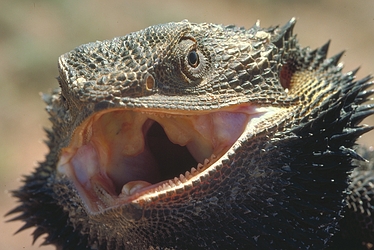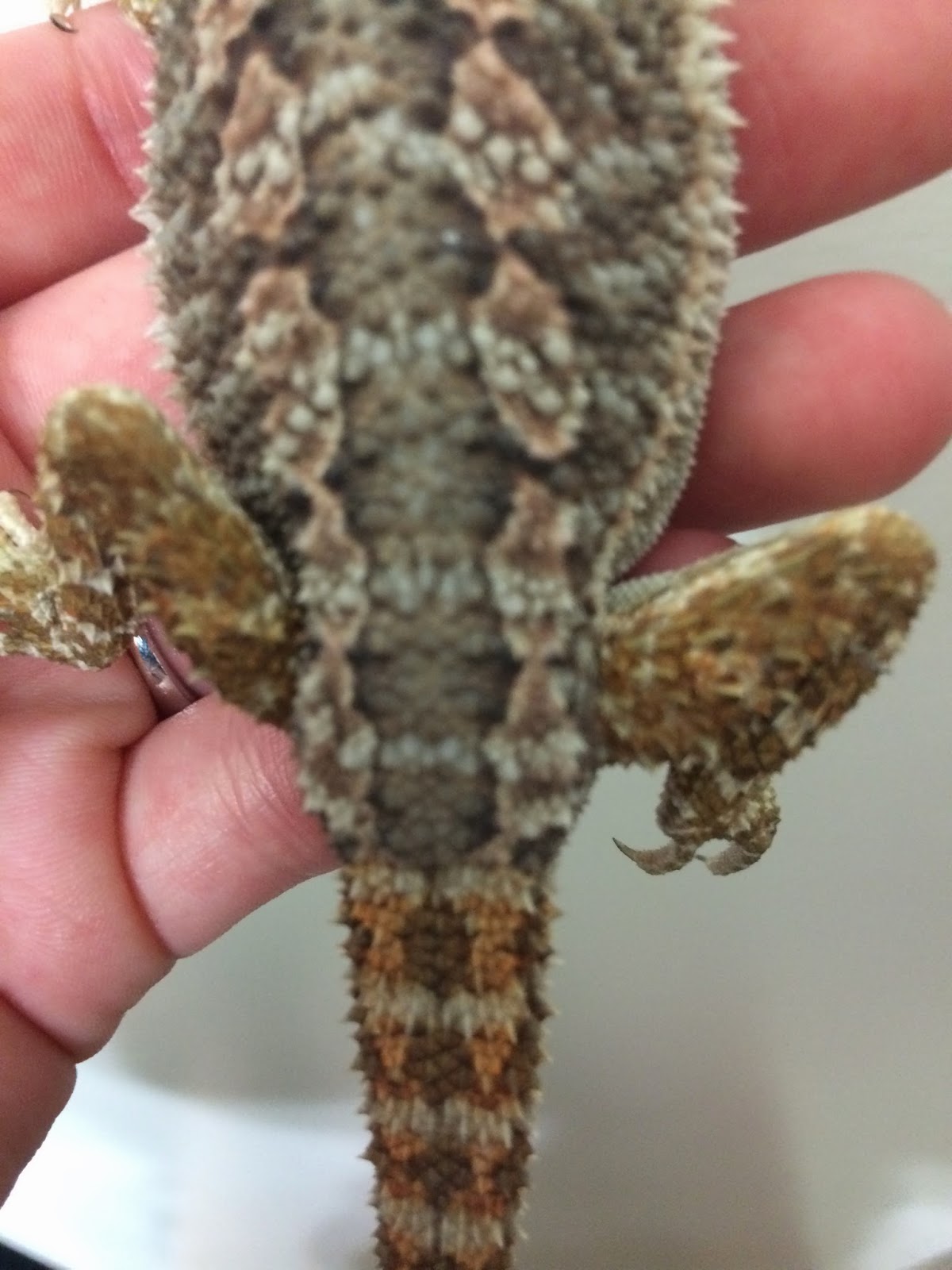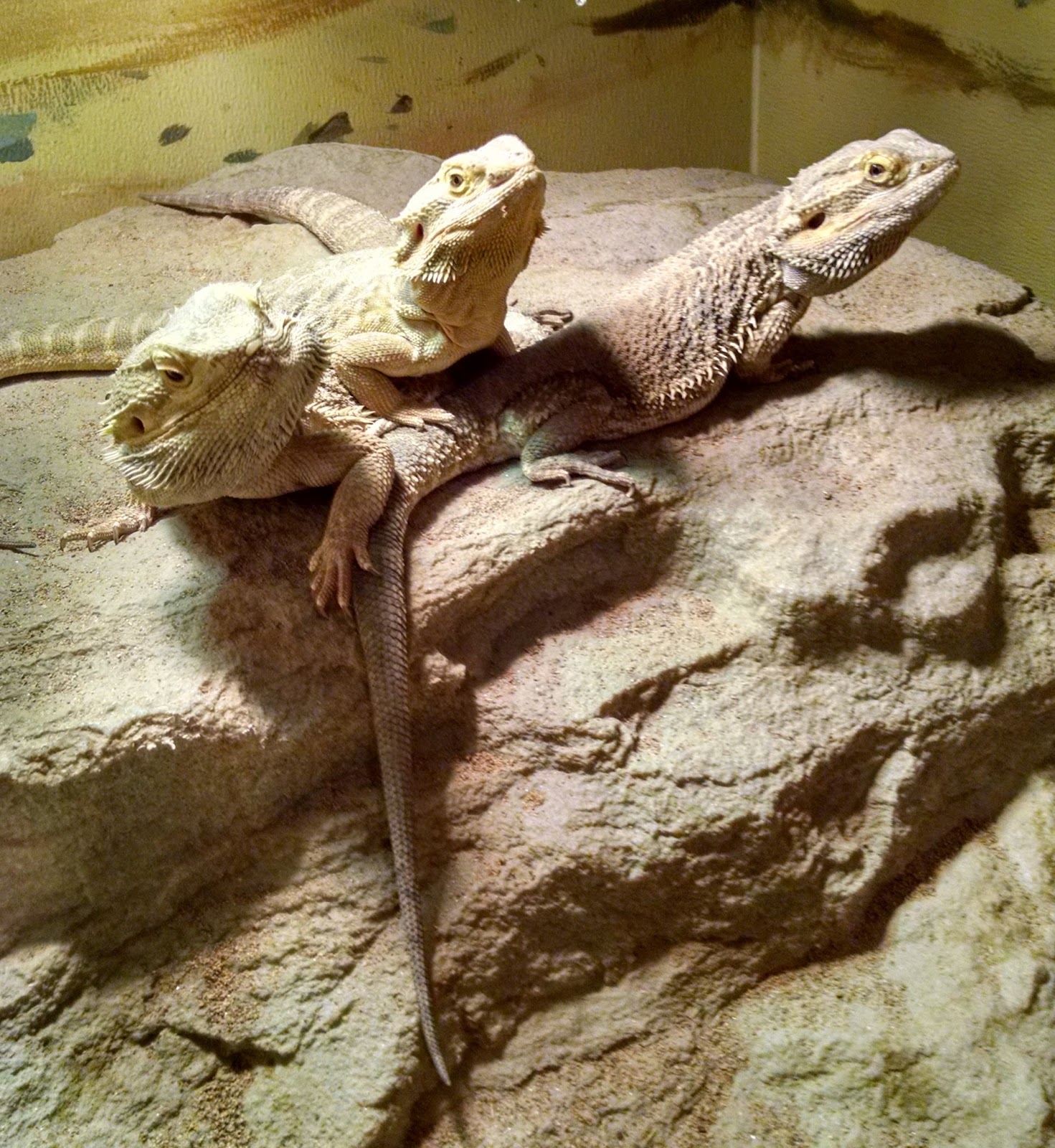Spots on Bearded Dragon: What You Need to Know
Introduction
Bearded dragons are unique reptiles that make great pets for beginners. They are fascinating creatures to watch and interact with, but just like any animal, they can develop health issues. One common issue that bearded dragon owners may face is the appearance of spots or bumps on their pet’s skin.
What are Spots on Bearded Dragon?
Spots on a bearded dragon can be caused by a variety of factors. Some spots are normal and are part of the bearded dragon’s natural coloring. However, there are other types of spots that can be indicative of a health problem. These spots can be red, black, white, or yellow and can be raised or flat.
Types of Spots on Bearded Dragons
Here are some of the most common types of spots that you might see on your bearded dragon:
1. Normal Coloration

Bearded dragons can have spots that are a normal part of their coloration. These spots can be different shades of brown, black, and white. If the spots are consistent in size, shape, and color, then they are most likely just part of your pet’s unique look.
2. Shedding Spots

Bearded dragons shed their skin similar to snakes. During the shedding process, dead skin cells will flake off their bodies. Sometimes, these flaky skin pieces can be mistaken for spots. If your bearded dragon is shedding and you notice spots that are sticking around even after the shedding has finished then there is a chance that it might be a health issue which needs to be addressed.
3. Hard Water Stains

In areas with hard water, white spots might start to form on your bearded dragon’s skin. The white spots are caused by the minerals in the water sticking to the skin. This type of spot is generally not harmful to your bearded dragon but can be removed using a mixture of water and vinegar.
4. Parasites and Infections

In some cases, spots on your bearded dragon can be caused by parasites or bacterial infections. These can lead to a range of health problems and can be dangerous if not treated properly. Some signs of infection include open sores and areas of skin that feel hard or swollen to the touch.
What to Do If You Notice Spots on Your Bearded Dragon?
If you notice any spots on your bearded dragon, it is important to check if it is normal coloration or if it might be a health issue. If your bearded dragon has any other symptoms like lethargy, diarrhea or swelling, it is crucial to get medical help for your bearded dragon ASAP. If you’re unsure, it’s always safer to consult with a veterinarian who is knowledgeable in the care of reptiles. In most cases, medical treatment can be successful as long as the diagnosis is made in a timely manner.
Tips to Keep Your Bearded Dragon Healthy
Here are some tips to keep your bearded dragon healthy:
1. Provide a Proper Habitat

Ensure you provide your bearded dragon with a proper habitat. A comfortable temperature range between 78 and 88 degrees Fahrenheit, a UVB light source for basking and a balanced diet that includes fresh greens, prey items and commonly available commercial reptile feed are essential in keeping your bearded dragon healthy.
2. Regular Cleaning and Maintenance of Habitat

Regularly clean and maintain your bearded dragon’s habitat to prevent the buildup of bacteria and parasites. Be sure to keep your pet’s environment clean to maintain its physical health.
3. Regular Checkups with a Reptile Veterinarian

Regular check-ups with a veterinarian that specializes in reptile health can help you to prevent any serious health problems and catch health issues early on. This will help to ensure that your bearded dragon remains healthy and happy for years to come.
Conclusion
Spots on bearded dragons can be caused by a variety of factors. While some spots are normal, others can be caused by health issues like parasites, infections and environmental factors like hard water. If you suspect your pet has a health issue, consult with a veterinarian for guidance on how best to handle it. The best way to prevent health issues is through proper care and maintenance of your bearded dragon’s habitat, regular cleaning and checkups.
